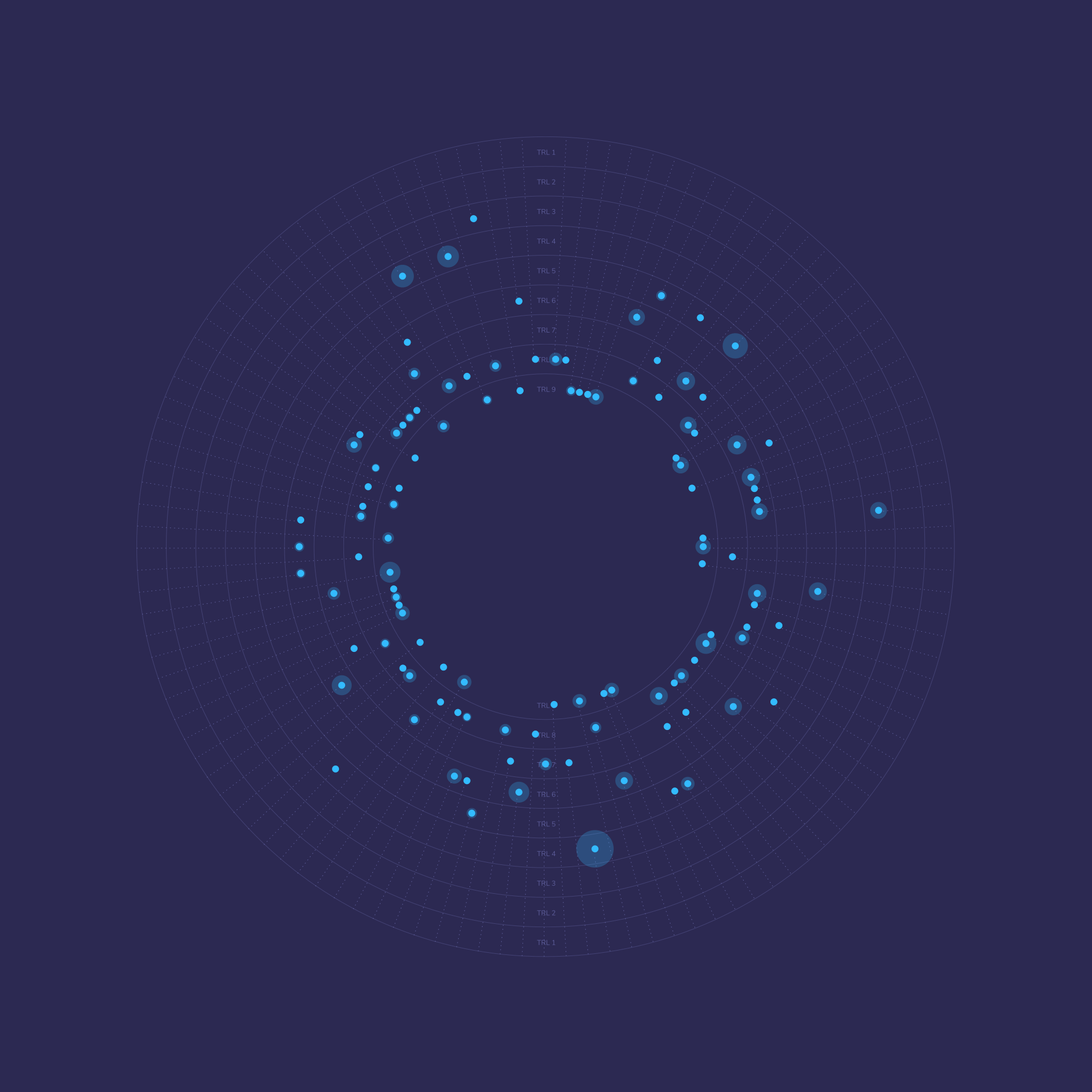Economy & Employment: Lifting the Veil on This Unseen Routine Task
H_Ko @ stock.adobe.com
Being able to achieve a high quality of life for more than seven billion people without destabilizing critical planetary processes is one of the greatest challenges humanity has ever faced. According to climate scientists, there is not a single country that currently meets the basic needs of its citizens while using resources in a globally sustainable fashion. A continued lack of decent work opportunities and insufficient investments can lead to an erosion of the basic social contract underlying democratic societies: everyone must share in order to progress. As an ever-increasing proportion of the global population shifts towards copying the consumption patterns of developed nations, the increased burden on natural systems threatens to undermine or even reverse all progress made towards improving living standards across the globe.
Automation & Decentralization
Automation is gradually but irrevocably transforming the nature of work, employees will need to adapt as their occupations evolve alongside increasingly capable machines. At the same time, differences in economic development, literacy, education levels, lack of access to technologies, and a lack of democratic institutions, are all factors contributing to a widening digital divide between the haves and have-nots. This divide could result in automation impacting the developing world to a greater degree than developed nations. It is important to remember that in large swaths of the world people are still getting introduced to computers and smartphones. Furthermore, education is slow to adapt to the rapid changes brought on by automation and future generations are being trained for jobs that might soon disappear.
However, while technology is making some jobs disappear, it is also creating new ones. The gig economy is primarily based on automated platforms through which clients engage workers to carry out defined tasks and is profoundly changing traditional ways of organizing consumption and employment. Although proponents tout the gig economy’s potential to create opportunities for minorities, reduce the gender gap, and support pro-worker laws, it’s also been shown to replicate existing biases—albeit in new, technology-enabled ways.
Although the gig economy takes a step towards breaking the traditional relationship between service providers and consumers, a few new platforms are emerging that take it a step further and provide more equitable versions of gig-based work by sharing ownership benefits with users. The Sharing Economy allows platforms to decentralize economic power and operate more like cooperatives and ecosystems, where associated members contribute to a shared higher purpose. In addition, it could also enable greater focus on social and sustainability issues, as these same technologies have also given rise to decentralized platforms of mutual aid and fairer, less bureaucratic lending platforms that can empower and provide security to individuals even in unstable political situations.
These labor market changes are calling for a reevaluation of the nature and organization of work across the globe. It has become necessary to balance the flexibility offered by new, non-standard work opportunities with the economic security accompanied by more traditional forms of employment.
Personalization & Resource Efficiency
Technology is also changing the traditional supply-demand relationship and businesses are starting to offer products and services targeted to more specific personal needs. Supply-driven by direct and individualized interest, together with an increase in consumer demand for fair and sustainable products could help obsolete overproduction and force organizations to adopt more sustainable business models even without traditional regulations. Furthermore, the mindset that there is a trade-off between economic development and environmentalism is also changing. Instead of hindering profitability, the pursuit of sustainability together with innovation in both business models and technologies could open up a path to long-term growth and reinvention of how to deal with the limitations of natural resources. Reframing carbon as a resource, and a potential source of profit rather than as a negative is serving as an example of how businesses can use each other’s waste products.
This trend takes a linear, consumption-oriented economic system and transforms it into a circular, self-sustainable society. This will require new ways of thinking, new business models, new ways to source materials and energy, new ways of producing and moving goods, and redesigning products to be safely reused or re-adapted over and over.
We are at the beginning of a historically unique economic transformation that promises better quality services and products but could be devastating for those not well-positioned to reap the financial benefits. With the gap between the rich and poor at a historically high level, society needs to figure out how to improve methods of spreading the wealth created by technology among all involved constituents. As everyone knows well, technology can be both a solution and a burden, so if the right solutions are not developed in time, new issues or exacerbated existing issues could end up causing major headaches for the modern society and future generations.
